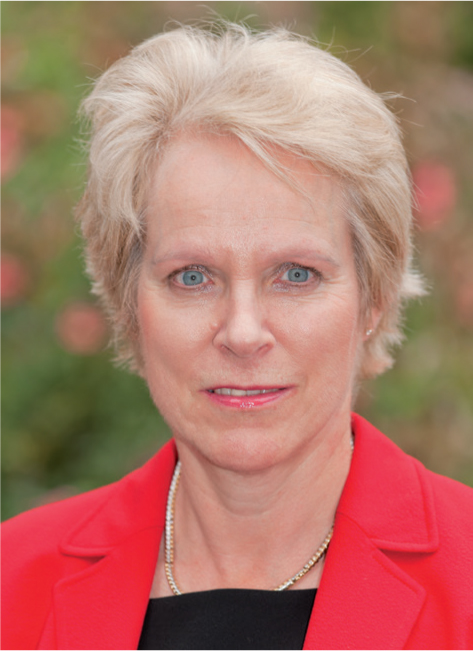
‘Perhaps we need to learn to manage uncertainty and accept that not all actions can be based on ‘evidence’, because the evidence and scientific knowledge, including the impact of full lockdowns relating to this pandemic, are still emerging.’
Barely a day goes by without at least one media outlet reporting that the Government is not following the ‘science’. This claim assumes that we are all using the term science in a universal way, as if the many scientific disciplines are not distinct. Scientific findings and propositions are contestable; it is through seeking to replicate findings and testing propositions that scientific knowledge, that is, science, is progressed.
It seems that the epidemiology related to infections and associated modelling of case data has taken primacy to the neglect of other sciences, such the epidemiology of other significant health problems, such as cancer, heart disease and mental ill-health, as well as the social sciences of psychology (other than controlling pandemic behaviours), sociology and economics. The underpinning assumptions of the pandemic modelling are often not disclosed in the public announcements, with the ‘costs’ of the loss of economic activity and interrupted education for children drowned out by vociferous spokespeople. It may be that, at a time of great uncertainty, people just crave certainty, and apply any label to a discipline or claim, in a desire to understand what is going on and what they may expect. Perhaps we need to learn to manage uncertainty and accept that not all actions can be based on ‘evidence’, because the evidence and scientific knowledge, including the impact of full lockdowns relating to this pandemic, are still emerging.
This notion is echoed in the debates as to whether nursing is an art or a science, and whether all nursing actions are sufficiently evidence-based. Wainwright (1999) drew upon the distinction between the terms ‘fine art’ and ‘art’ as used in everyday language and contended that describing nursing as an art, that is, a form of performing art was not useful, and that Carper's (1978) important work regarding patterns of knowing in nursing, which referred to both the science of nursing and the aesthetics of knowing, that is the art of nursing, was a product of a particular era. The debate was rekindled with reference to the caring element of nursing practice, which Corbin (2008) argued comprised alleviating the burdens and stresses of a condition, and may include the use of healing touch in nursing interventions, such as bathing or delivering a treatment, and enabling patients to manage their own condition. However, nursing was not always caring, as exemplified by Nightingale's attempt to raise the standard of nursing in the Crimean field hospitals, and caring may be difficult, especially within challenging environments with limited staff and heavy workloads (Griffiths, 2008). Ehlers (2008) extended the debate by citing evidence that nurses of different demographics and in different settings had different scores for caring attributes, with older nurses and those working in long-term settings having higher scores. Norman and Ryrie (2009) argued that both ‘artistic’ relationship-focused practice and ‘scientific’ evidence-based practice should be drawn upon to deliver high-quality nursing care.
More recently, Davidson (2019), while reflecting on the history of nursing ahead of 2020 the year of the nurse, asserted that nursing must be defined as a scientific discipline if it helps to attract ‘the brightest and the best students’ into the profession. The UK desperately needs competent, caring and confident nurses who can overcome the environmental challenges of the NHS to deliver high-quality nursing based on what clients need, rather than what nurses value.

